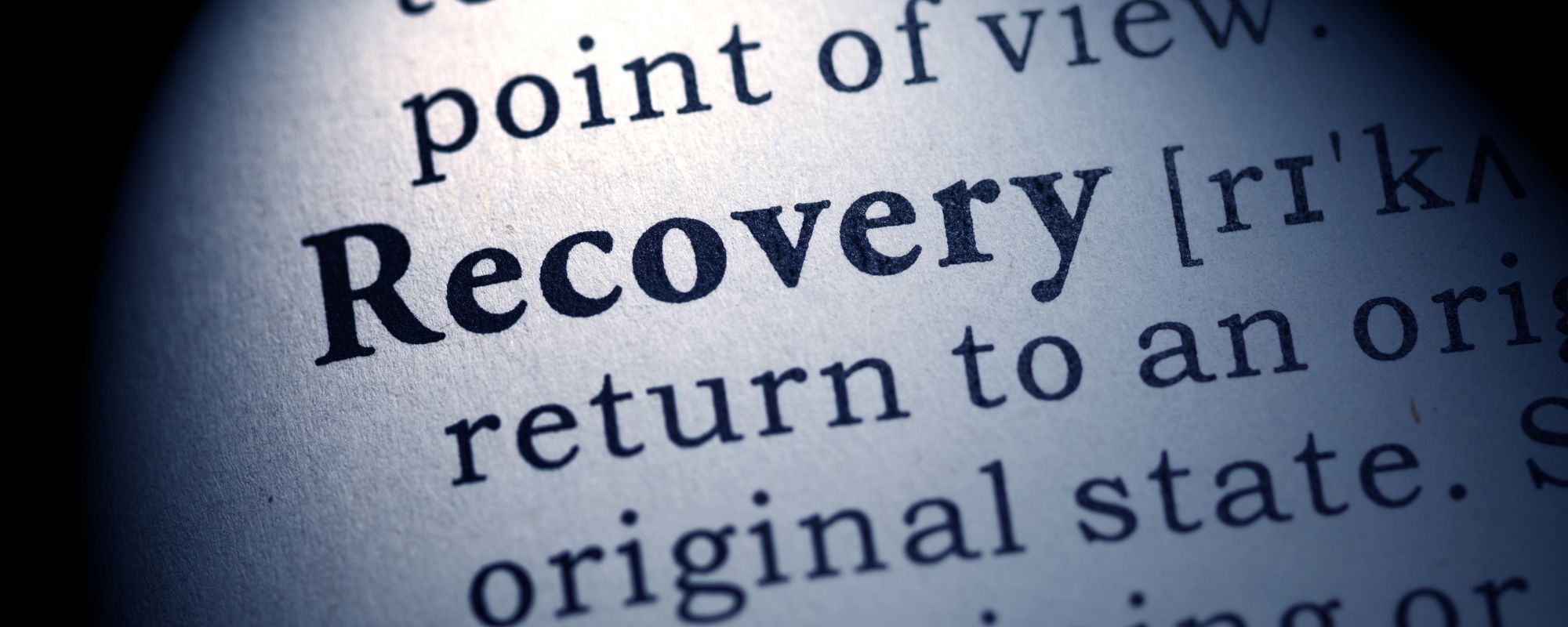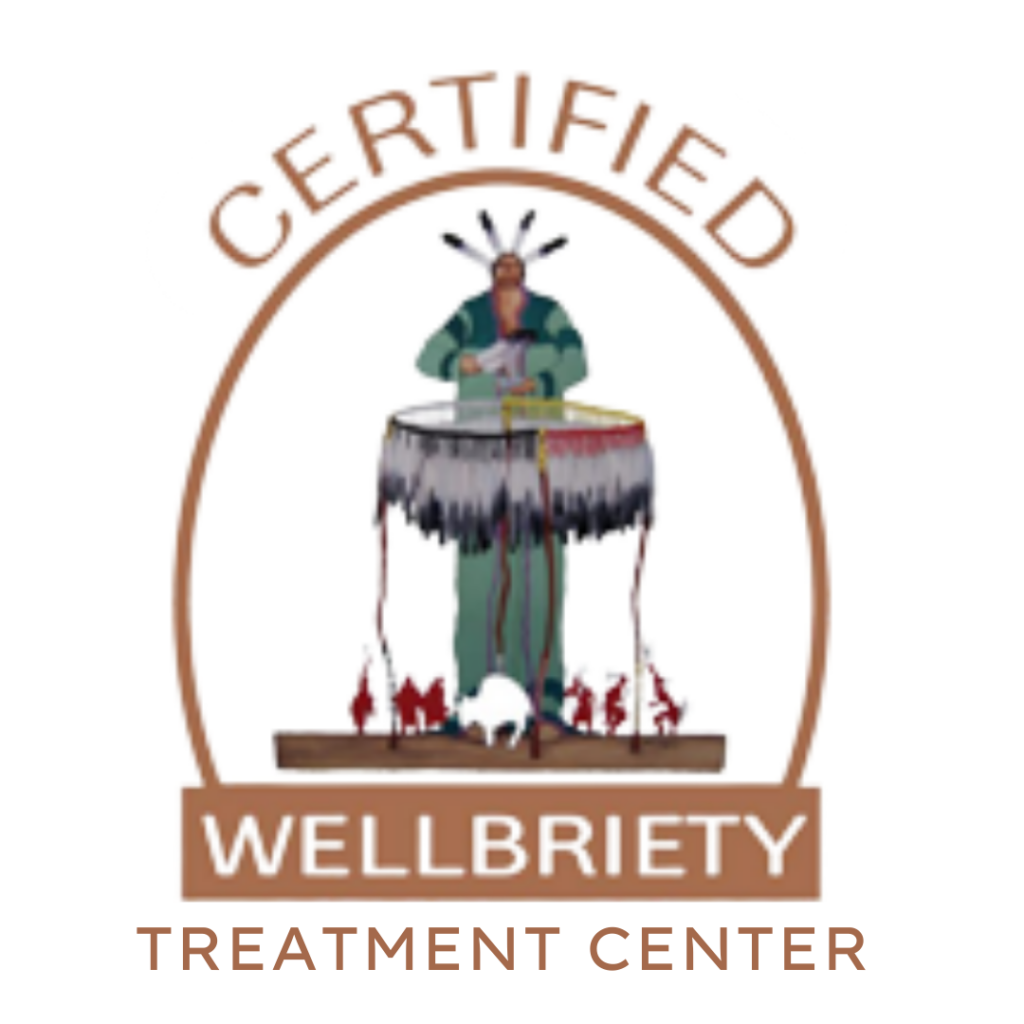We now know that the brain is more like Silly Putty than stone.
Yes, our brain cells are very much like lightbulbs and when they are browning-out or busted, they are browning-out or busted for life. Unless a person gets focused and motivated enough to enter a recovery program for opioids, alcohol, or overeating, more and more brain cells will continue to brown-out and die.
Once a brain cell is dead, it’s dead, and that we were taught correctly in high school and college.
Memory Cells Can Recover Automatically Via Our Own Stem Cells
Indeed, younger people learned that recovery from opioids, alcohol, or overeating restores memory cells more and more depending how much time a person has in quality recovery. We also know today that the brain contains our very own memory stem cells, which allow our putty or soft-plastic memory cells to grow back. We know that alcohol, for example, causes memory brown-outs, kills memory cells and prevents our memory stem cells from growing new memory cells. Alternatively, we know that alcohol recovery stimulates the growth of new memory cells and makes the browned-out ones shine brightly again.
Getting Your Memory Back
Despite the facts that we do know, what we are not sure about is what triggers memory stem cells to make new memory cells.
Hayes and associates decided to try and figure out what sets-off memory stem cells to grow new memory cells as alcohol recovery unfolds.
The researchers conducted some complicated procedures and concluded that is all had to do with quiescence.
What is quiescence?
Quiescence means being:
- Inactive
- Asleep
- Dormant
In other words, researchers discovered that the memory stems cells within alcohol abstinent people were triggered to start growing new memory cells simply by being asleep. We know sleep restores the brain and body, but these findings take this concept to a very literal level of restoration. These are just more findings to support a lifestyle change that fully immerses yourself into recovery.
Reach Out
If you or a loved one wants to learn more about our substance use programs, please reach out to us today. Our admissions team is available 24/7 at (877)-RECOVERY to answer your questions.
Reference:
Hayes DM, Nickell CG, Chen KY, et al. Activation of neural stem cells from quiescence drives reactive hippocampal neurogenesis after alcohol dependence. Neuropharmacology. 2018 May 1;133:276-288.
























